G.L.O.M. Substance Abuse Program Inc. is a state licensed Substance Use Disorder (SUD) treatment program, offering three levels of Residential treatment and Intensive Outpatient Services, all located in California’s Central Valley.

Clinically Managed Low-Intensity Residential Services

Clinically Managed Residential Withdrawal Management

Clinically Managed High-Intensity Residential Services

Alcohol and/or Other Drug Certification for Intensive Outpatient Treatment
We have two 24-bed facilities located within two blocks of each other that run concurrent of each other. Our services include:
Residential Detox Services – 10 day maximum
- Medicated Assisted Treatment (MAT)
- Incidental Medical Services (IMS)
- 1-10 days under 24-hour care and supervision
- Separate, Safe and Comfortable Detox Environment
Residential Treatment Services – 90 day maximum with medically necessary extensions
- Medicated Assisted Treatment (MAT)
- Incidental Medical Services (IMS)
- Therapeutic Environment
- Educational, Recovery and Behavioral Groups
- 1:1 Counseling Referrals and Recommendations
- Cognitive Behavioral Therapy
- Motivational Interviewing
- Moral Resonation Therapy and Peer and Recovery Support Services
- Twelve Step Facilitation and Contingency Management






Group Sessions
Groups that use the continuum of care concept use support, psychoeducation, skill development, and interpersonal processes to assist participants in addressing their emotions, thoughts, and behavior in recovery.
Individual Sessions
Individual sessions allow the recovering individuals to converse directly with a treatment counselor. While in an individual counseling session. Participants can discuss their personal experiences with drug or alcohol use. They can talk about how addiction has negatively affected their lives.
Educational Sessions
Substance use disorder (SUD) educational sessions can cover a range of topics, including the effects of drugs and alcohol, the history of SUDs, and how to treat them.
Recovery Planning
A recovery plan helps keep participants on track with their recovery goals. Plans are broad in scope and can include anything that a person identifies as necessary to support their recovery. This can include physical health, education, employment, finances, legal, family, social life, intimate relationships, and spiritual goals.
Day Treatment
Because day treatment is a more structured program that involves daily work, it’s best for those who need a higher level of care. You can use a day program as a starting point for recovery, as long as you have gone through detox. Once you successfully complete this program, you can ‘step down’ to a lower level of care like intensive outpatient or outpatient treatment.
Medication Assisted Treatment (MAT)
- Medication-assisted treatment (MAT) is the use of medications in combination with counseling and behavioral therapies for the treatment of substance use disorders.
- For those with an opioid use disorder (OUD), medication addresses the physical difficulties that one experiences when they stop taking opioids.
- MAT can help to reestablish normal brain function, reduce substance cravings and prevent relapse.
- The longer the treatment, the more the individual will be able to manage their dependency and move toward recovery.
Incidental Medical Services
- Regular drug screens
- Peripheral treatment services
- Acquiring participant medical history
- Monitoring health and progress during treatment
- Medication management and reminders
Residential Treatment Programs
- Safe, Secure Environment
- One to One Counseling
- Nutritious Meals and Snacks
- Support to and from Appointments
- Education Support
- Sobriety Centered Events and Activities
- Rehab related Arts and Craft classes
- Reintroduction to Living
Our Residential treatment programs can last a maximum of 30 days. Participants generally voluntarily enter a safe, secure facility in which intensive drug and alcohol treatment programs are the cornerstone of the patient’s daily activities. Residential programs are safe, supportive, secure, yet structured environments in which participants are removed from stressful circumstances that promote or fuel the urge to use.


Because negatively influencing factors are removed from the participants day to day life, participants in residential treatment programs can begin to work on building life skills that had been interfered with due to addiction.
Because of this intensive level of care, residential treatment programs are ideal for people who have unsuccessfully attempted to overcome addiction in outpatient programs, or for people who have identified that they need drug or alcohol treatment and want to “do it right” the first time. The level of care required for a participant is determined by an in-person assessment with a qualified certified professional.




